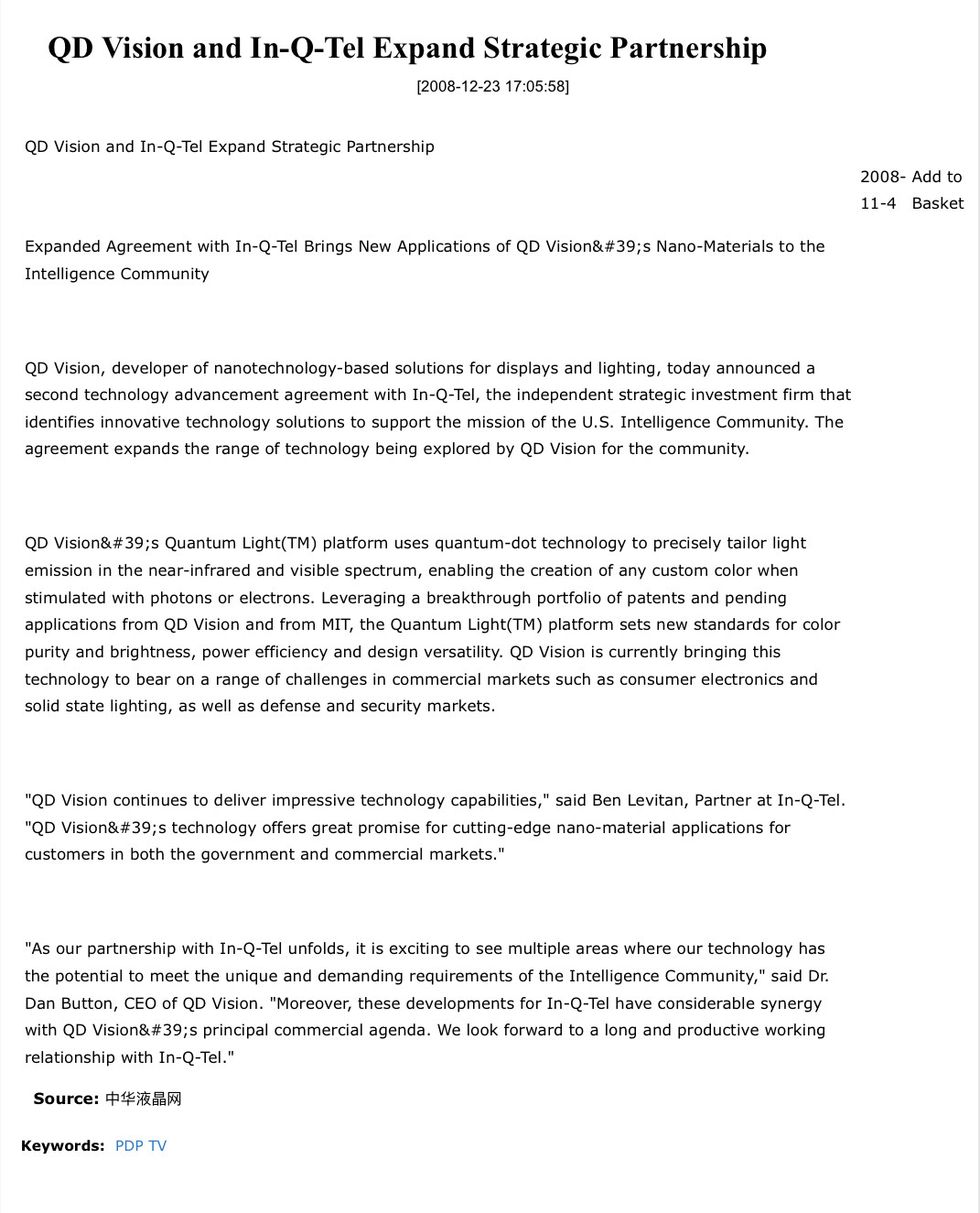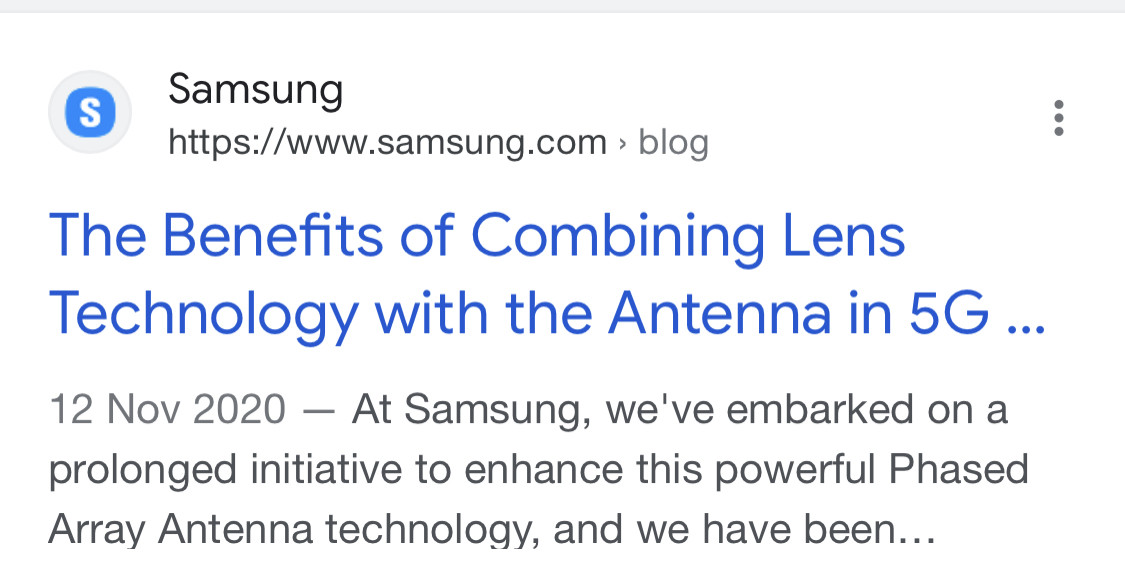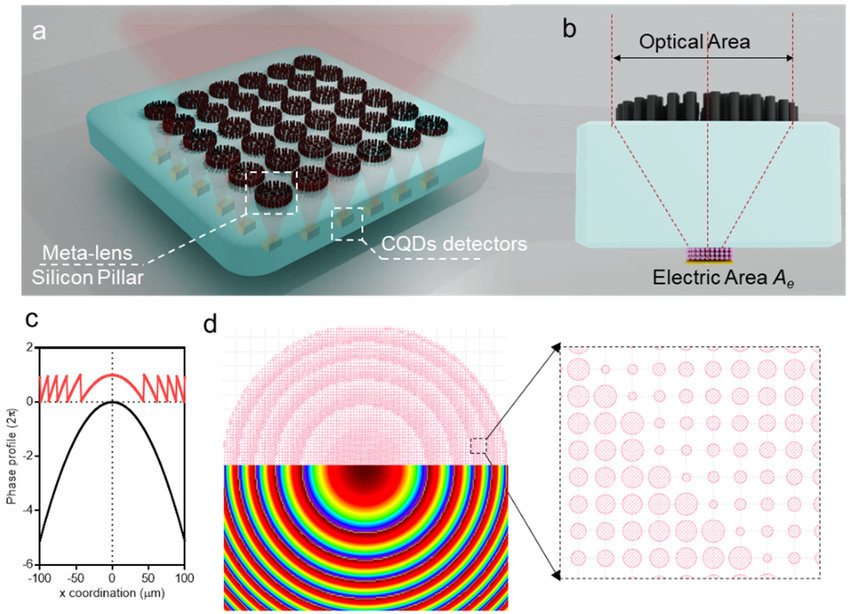The Mac
@TheMac
11 November, 06:07
Should we lock up the the culprits who pushed the vaccine until we get to the bottom of the truth?
Notice: Undefined index: tg1tga_access in /home/admin/www/anonup.com/themes/default/apps/timeline/post.phtml on line 396
The Mac
@TheMac
11 November, 06:09
In response The Mac to his Publication
They will only do it again given the opportunity.
Notice: Undefined index: tg1tga_access in /home/admin/www/anonup.com/themes/default/apps/timeline/post.phtml on line 396
The Mac
@TheMac
11 November, 06:14
In response The Mac to his Publication
They targetted the elderly people, soldiers, nurses, women... and innocent vulnerable children.
These are cold hearted bastards with no remorse or care for life... f amnesty forgiveness.
These are cold hearted bastards with no remorse or care for life... f amnesty forgiveness.
Notice: Undefined index: tg1tga_access in /home/admin/www/anonup.com/themes/default/apps/timeline/post.phtml on line 396
Julie Casey
@Trump2023
12 November, 09:16
In response The Mac to his Publication
Notice: Undefined index: tg1tga_access in /home/admin/www/anonup.com/themes/default/apps/timeline/post.phtml on line 396
The Mac
@TheMac
13 November, 11:12
In response Julie Casey to her Publication
When optics researchers get together over coffee to discuss their favorite cavities, attention turns to microtoroids, tiny glass spheres, and photonic crystals with defects. These cavities all have a few things in common: they are all really good at storing light, and they are high-precision devices.
Physicists use a number, called Q, to characterize how well an optical cavity stores light: the higher the Q, the longer light stays confined in the cavity. You do not, it turns out, go blithely into your local fab and turn out a high-Q cavity. It takes a lot of practice and trial and error to create a high-Q optical cavity.
Physicists use a number, called Q, to characterize how well an optical cavity stores light: the higher the Q, the longer light stays confined in the cavity. You do not, it turns out, go blithely into your local fab and turn out a high-Q cavity. It takes a lot of practice and trial and error to create a high-Q optical cavity.
Notice: Undefined index: tg1tga_access in /home/admin/www/anonup.com/themes/default/apps/timeline/post.phtml on line 396
The Mac
@TheMac
13 November, 11:16
In response The Mac to his Publication
Notice: Undefined index: tg1tga_access in /home/admin/www/anonup.com/themes/default/apps/timeline/post.phtml on line 396
The Mac
@TheMac
13 November, 11:17
In response The Mac to his Publication
Notice: Undefined index: tg1tga_access in /home/admin/www/anonup.com/themes/default/apps/timeline/post.phtml on line 396
The Mac
@TheMac
13 November, 11:18
In response The Mac to his Publication
Notice: Undefined index: tg1tga_access in /home/admin/www/anonup.com/themes/default/apps/timeline/post.phtml on line 396
The Mac
@TheMac
13 November, 11:19
In response The Mac to his Publication
Notice: Undefined index: tg1tga_access in /home/admin/www/anonup.com/themes/default/apps/timeline/post.phtml on line 396
The Mac
@TheMac
13 November, 11:20
In response The Mac to his Publication
Notice: Undefined index: tg1tga_access in /home/admin/www/anonup.com/themes/default/apps/timeline/post.phtml on line 396
The Mac
@TheMac
13 November, 11:22
In response The Mac to his Publication
(a) Illustration of meta-lens integrated with CQD detectors. Incident light is collected and focused into CQD detectors with a small electric area. (b) Cross-sectional illustration of the meta-lens integrated with the CQD detector. Light illuminated onto the optical area is focused to the CQD detector with electric area A e . (c) Phase profile of a regular lens (black curve) and meta-lens (red). (d) Design of meta-lens using pillar structures. The diameter and focal length are 200 and 200 µm, respectively. Inset is a representative 2D phase mapping used to generate the meta-lens design.
Notice: Undefined index: tg1tga_access in /home/admin/www/anonup.com/themes/default/apps/timeline/post.phtml on line 396
We report on the spectroscopic investigation of quantum dot - micropillar cavities with unprecedented quality factors. We observe a pronounced dependency of the quality factor on the measurement scheme, and find that significantly larger quality factors can be extracted in photoreflectance compared to photoluminescence measurements. While the photoluminescence spectra of the microcavity resonances feature a Lorentzian lineshape and Q-factors up to 184,000, the reflectance spectra have a Fano-shaped asymmetry and feature significantly higher Q-factors in excess of 250,000 resulting from a full saturation of the embedded emitters. The very high quality factors in our cavities promote strong light-matter coupling with visibilities exceeding 0.5 for a single QD coupled to the cavity mode.
11:23 AM - Nov 13, 2022
In response The Mac to his Publication
Only people mentioned by TheMac in this post can reply
The Mac
@TheMac
13 November, 11:25
In response The Mac to his Publication
3D polymer/quantum dots (QDs) nanocomposite QD-lens is fabricated by stereolithography (SLA) 3D printer with in-situ UV curing system. Various UV-curable polymer precursors are mixed with QDs to investigate their printability and optical performance.
Notice: Undefined index: tg1tga_access in /home/admin/www/anonup.com/themes/default/apps/timeline/post.phtml on line 396
The Mac
@TheMac
13 November, 11:27
In response The Mac to his Publication
Optoelectronic modulation of neural activity is an emerging field for the investigation of neural circuits and the development of neural therapeutics. Among a wide variety of nanomaterials, colloidal quantum dots provide unique optoelectronic features for neural interfaces such as sensitive tuning of electron and hole energy levels via the quantum confinement effect, controlling the carrier localization via band alignment, and engineering the surface by shell growth and ligand engineering. Even though colloidal quantum dots have been frontier nanomaterials for solar energy harvesting and lighting, their application to optoelectronic neural interfaces has remained below their significant potential. However, this potential has recently gained attention with the rise of bioelectronic medicine.
Notice: Undefined index: tg1tga_access in /home/admin/www/anonup.com/themes/default/apps/timeline/post.phtml on line 396







